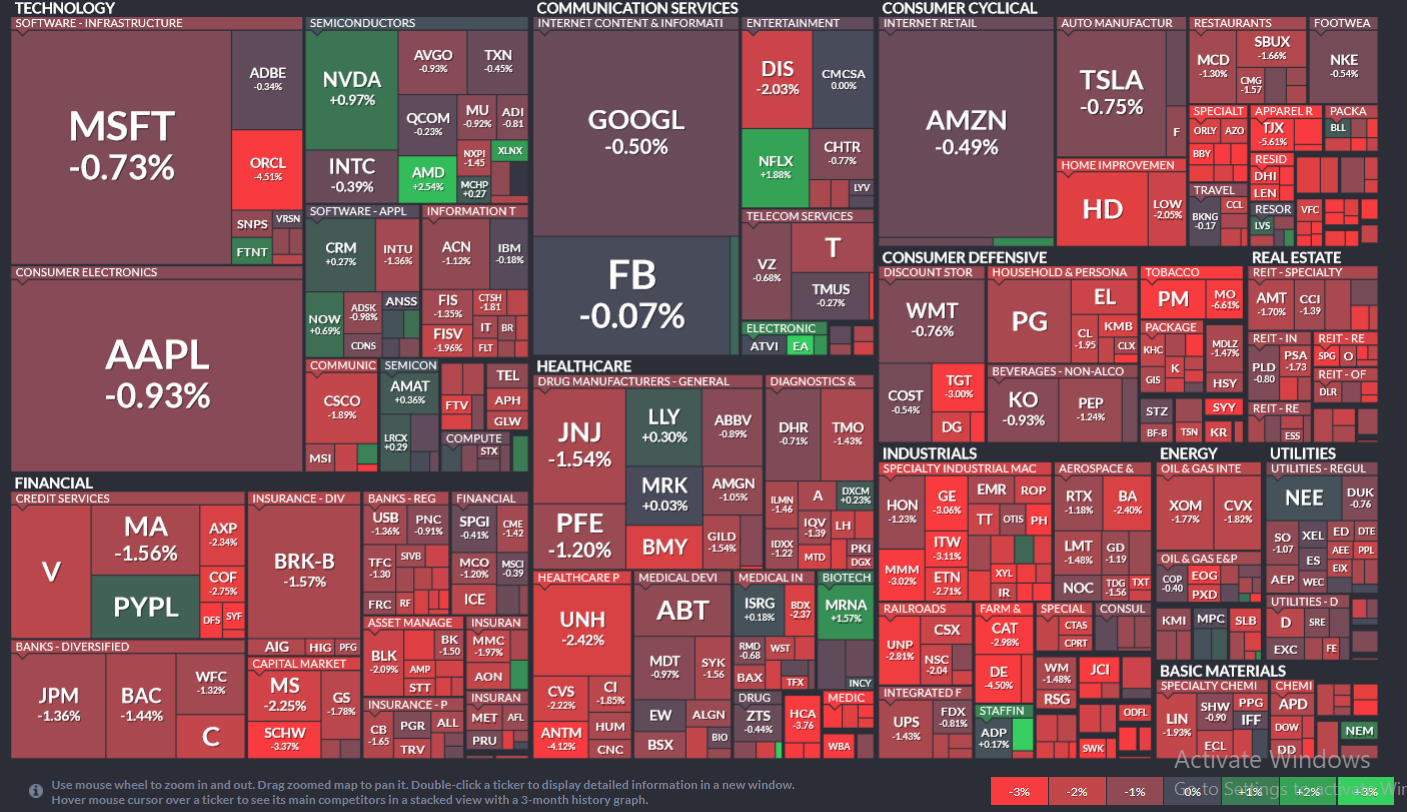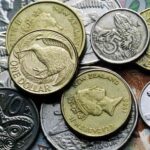The yen declined to a two-week low against the US dollar after a Japans government advisory panel reported there was no need for the worlds largest Government Pension Investment Fund (GPIF) to continue focusing only on domestic bonds, citing accelerating inflation.
USD/JPY hit a session high at 102.81 at 08:07 GMT, after which consolidation followed at 102.77, adding 0.46% for the day. Support was likely to be received at March 5th low, 102.11, while resistance was to be met at February 21st high, 102.83.
“The market is immediately presuming that there will be increased pressure on the world’s largest pension fund not to hold as many JGBs, in which case they can hold more foreign assets,” said Greg Gibbs, the Singapore-based head of Asia Pacific markets strategy, in a Bloomberg interview, referring to Japan’s government bonds. “This move could easily pressure dollar-yen into a higher range, but the market will be a little cautious ahead of payrolls.”
Japans Government Investment Pension Fund is the worlds largest pension fund, with assets worth 128.6 trillion yen (approximately 1.25 billion US dollars). A government advisory committee formed to help Japans Ministry of Health decide on investment targets, wrote in a draft report that the nations pension fund should seek returns of 1.7% on yearly basis plus the rate of pay increases for workers.
The Japanese Statistics Bureau reported last week that consumer prices excluding fresh food rose 1.3% in January compared to a year ago, in line with analysts’ estimates and matching December’s increase, which was the highest since October 2008. Japan is in a process of recovery after a 15-year period of deflation.
In February, Bank of Japan kept its pledge to expand the money supply by an annual 60 trillion yen to 70 trillion yen and announced Japan’s banks may borrow twice as much low-interest money than they previously did under a second facility.
Only 12% of economists in a Bloomberg survey conducted on February 6th forecast the central bank will add to stimulus this quarter.
The yen devalued 18% against the US dollar last year amid unprecedented central bank’s stimulus, the most since 1979, but has rebounded 3.8% this year after a rout in emerging markets, fueled demand for haven assets, including the Japanese currency.
Meanwhile, greenback’s demand was pressured yesterday after Automatic Data Processing reported that companies operating in the US private sector added 139 000 new jobs in February, defying analysts’ projections of an increase to 158 000 and after January’s reading was revised sharply downward to 127 000 from earlier estimates of 175 000 added workers.
Also fanning negative sentiment, activity in the US sector of services grew at the weakest level since August 2010, with the corresponding PMI coming in at 51.6 in February, down from 54.0 in the previous month and confounding analysts’ expectations of a smaller decline to 53.5.
However, the Institute for Supply Management reported on Monday that manufacturing activity in the United States expanded at a faster than projected pace in February. The corresponding PMI advanced to a reading of 53.2 last month from 51.3 in January, while analysts had expected that the index will climb less, to 52.0 in February. Values above the key level of 50.0 are indicative of expansion in activity.
Elsewhere, AUD/USD climbed to a session high at 0.9034 at 0:32 GMT, which has been the pair’s highest level since February 25th. At 7:09 GMT AUD/USD was trading at 0.9018, gaining 0.38% for the day. Support was likely to be received at March 5th low, 0.8941, while resistance was to be encountered at February 25th high, 0.9044.





